16 posts
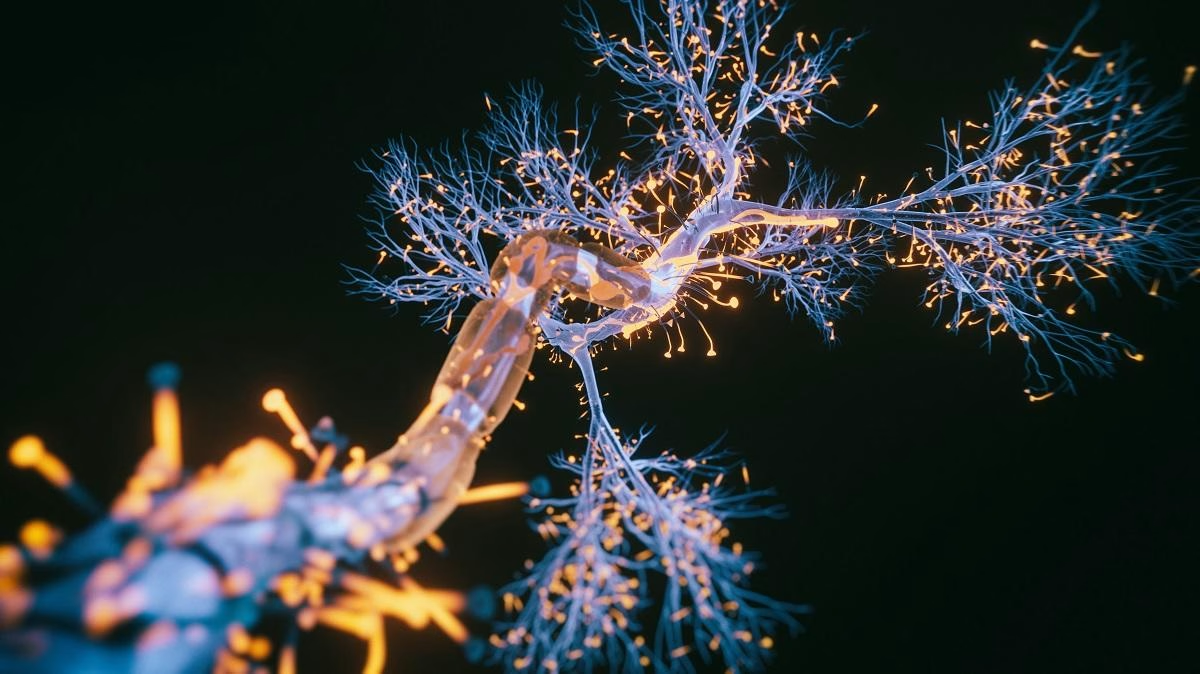
New research reveals the brain's serotonin system is far more complex and dynamic than previously thought, with distinct neuron groups interacting competitively.
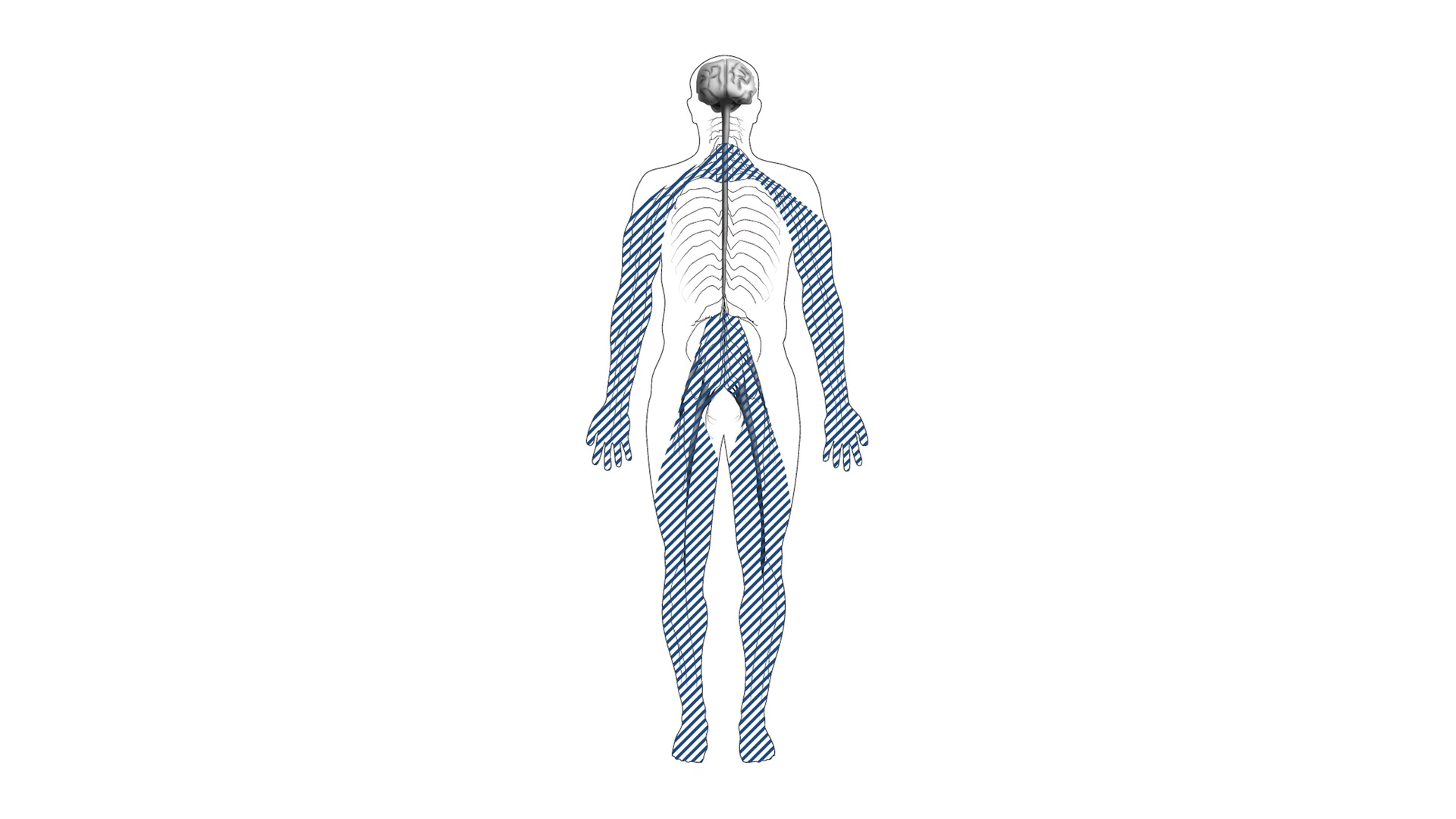
Recent research reveals the brain's over-active immune system plays a key role in the early stages of Spastic Paraplegia Type 15, driving neurodegeneration.

JWST detects varying methanol traces on Trans-Neptunian Objects, offering clues to early solar system chemistry, TNO classification, and planetary formation.

AI algorithm calibrated by Mount Sinai researchers uses ECG data to assign specific risk probabilities for hypertrophic cardiomyopathy, speeding diagnosis and improving care.
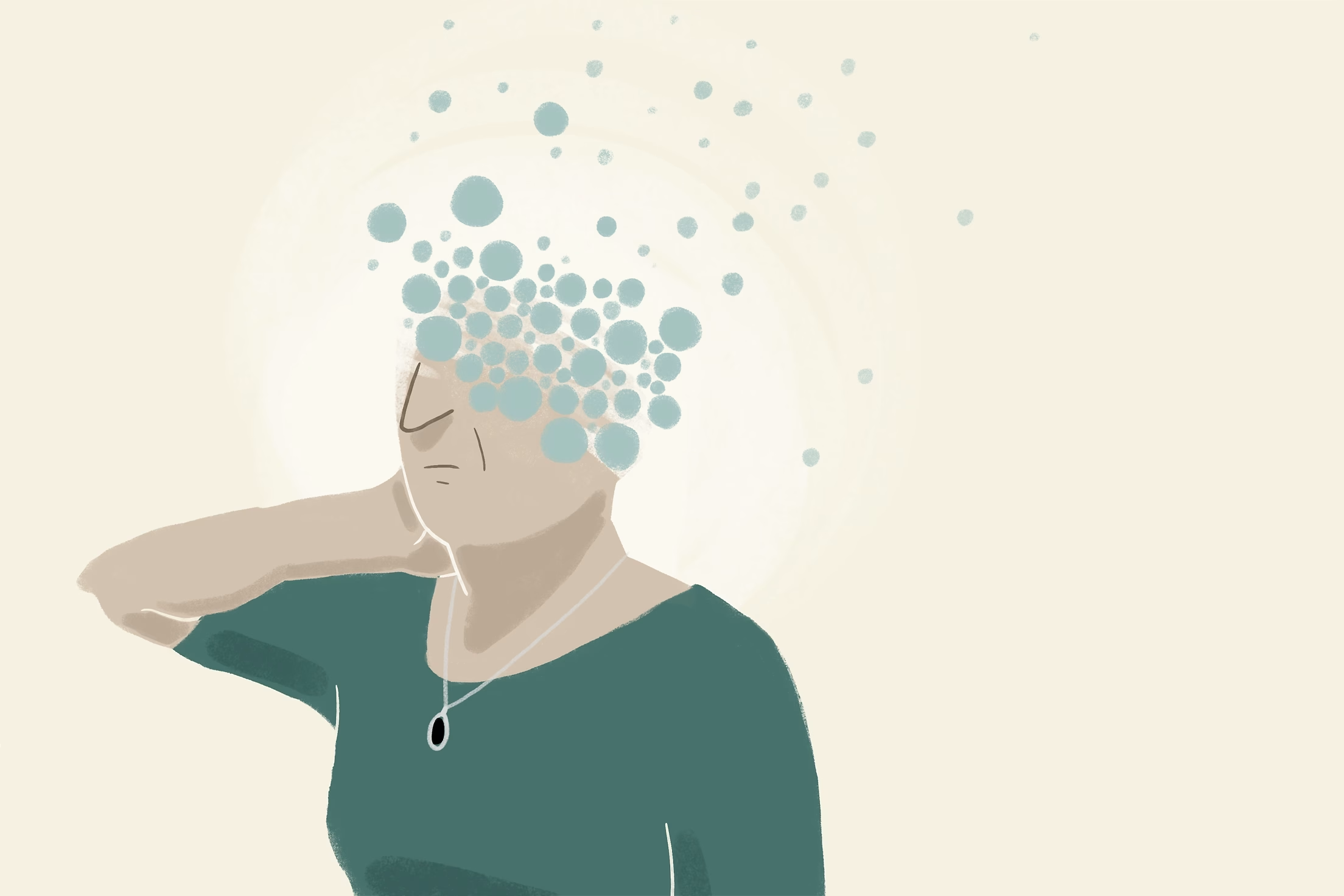
University of Arizona researchers combine speech therapy with noninvasive brain stimulation (tDCS) to improve outcomes for Primary Progressive Aphasia (PPA).

New research warns that vulnerabilities in modern DNA analysis techniques could allow hackers to access and misuse your sensitive genetic data.
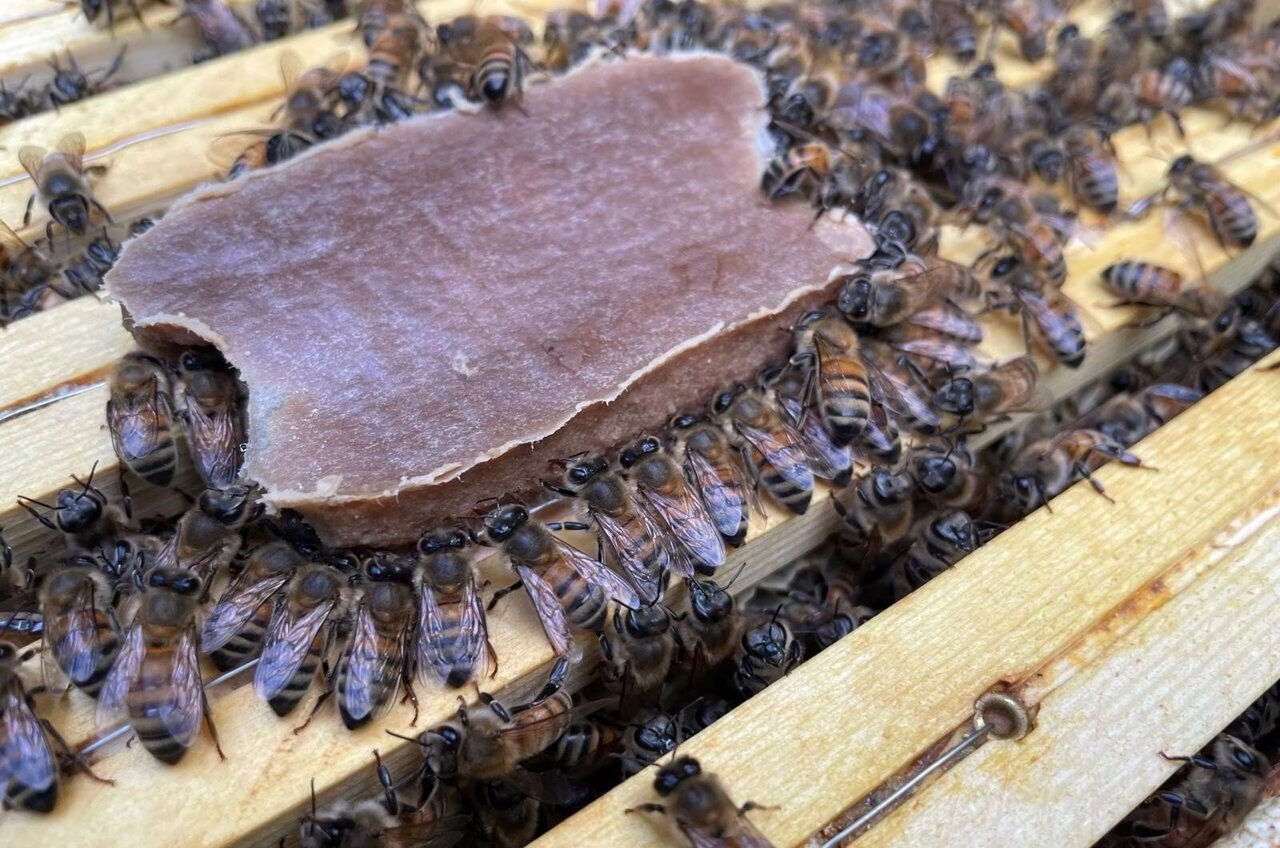
Scientists have created a pollen-free food source that can sustain honey bee colonies indefinitely, offering a solution to colony collapse and safeguarding global food supplies.
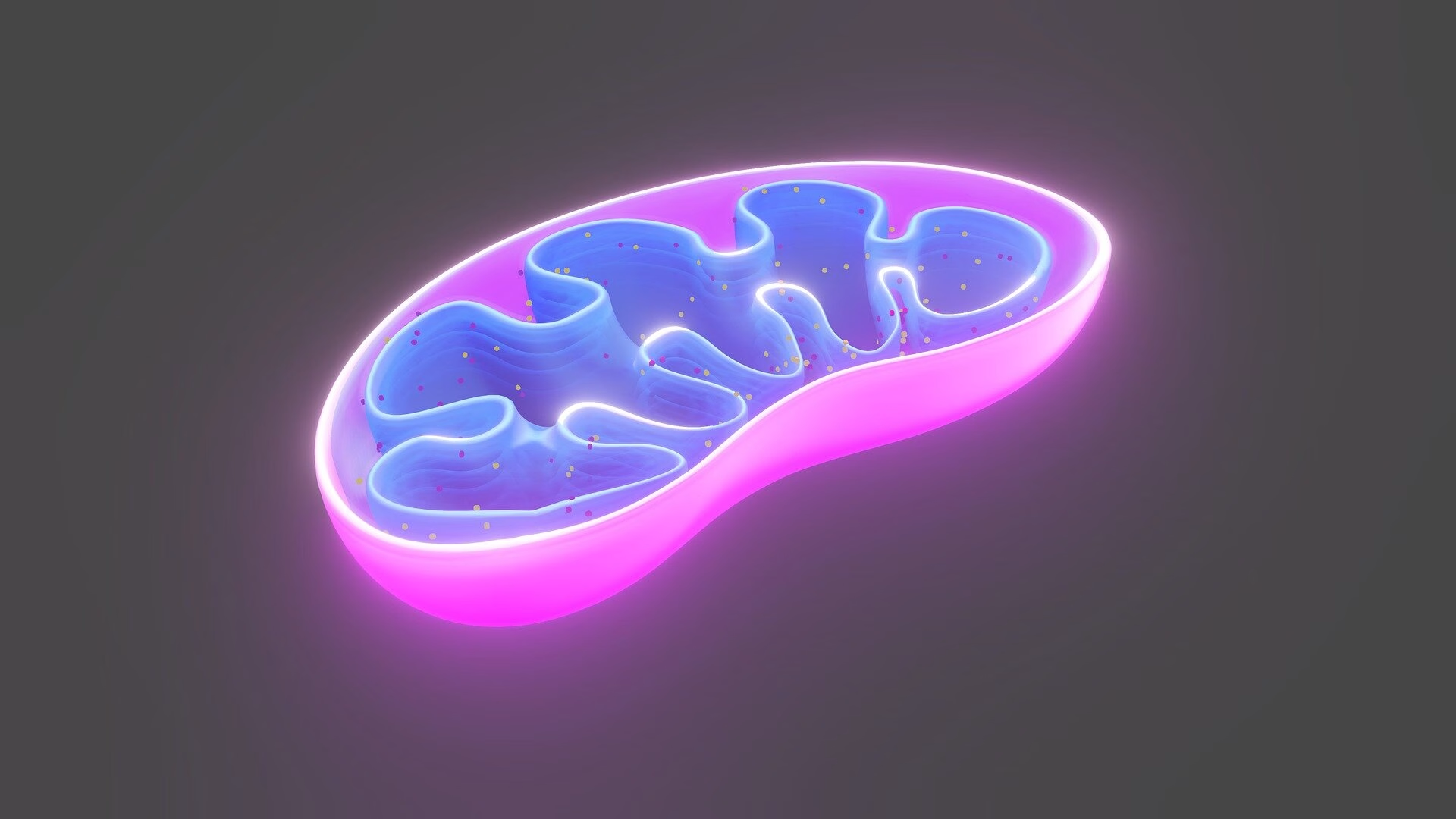
Scientists have discovered TMEM65, a novel regulator of NCLX, which helps move calcium out of mitochondria, protecting against harmful calcium overload. This discovery could lead to new therapies for heart failure and Alzheimer's.

A new computational model provides deep mechanistic insights into lithium-ion batteries, paving the way for safer, longer-lasting fast-charging capabilities.
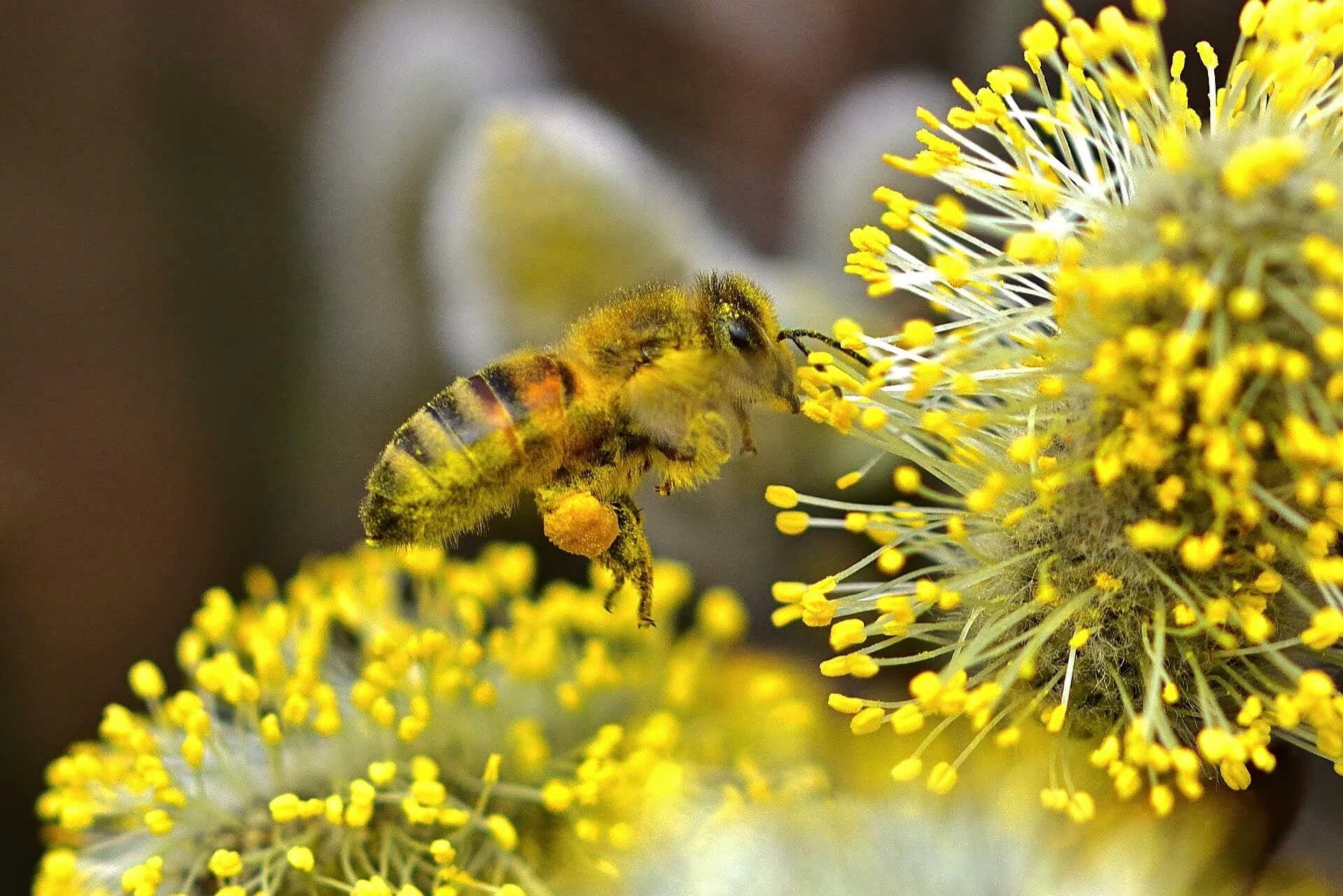
Climate change is intensifying US allergy seasons, causing record pollen counts, longer durations, and increased health impacts. Learn why and how to cope.
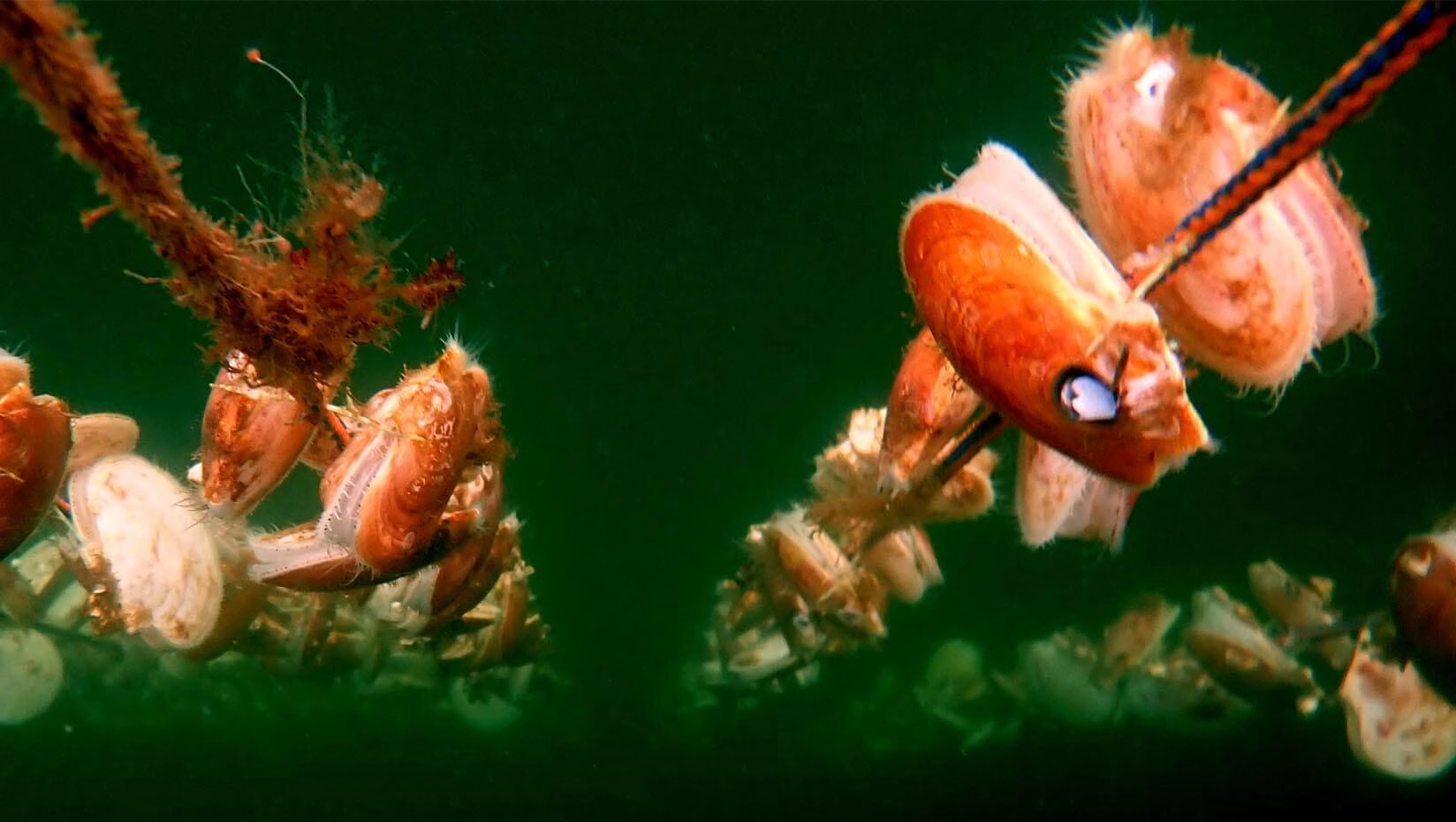
New research compares ear-hanging and lantern net scallop farming, finding ear-hanging yields larger muscles but is more sensitive to cold.

Researchers developed an antiviral chewing gum shown in experimental models to reduce viral loads of influenza A and herpes simplex viruses, offering a potential new way to curb transmission.

Researchers are developing 3D-printed skin with living cells to test cosmetic nanoparticles, offering a humane and potentially more accurate alternative to animal testing.
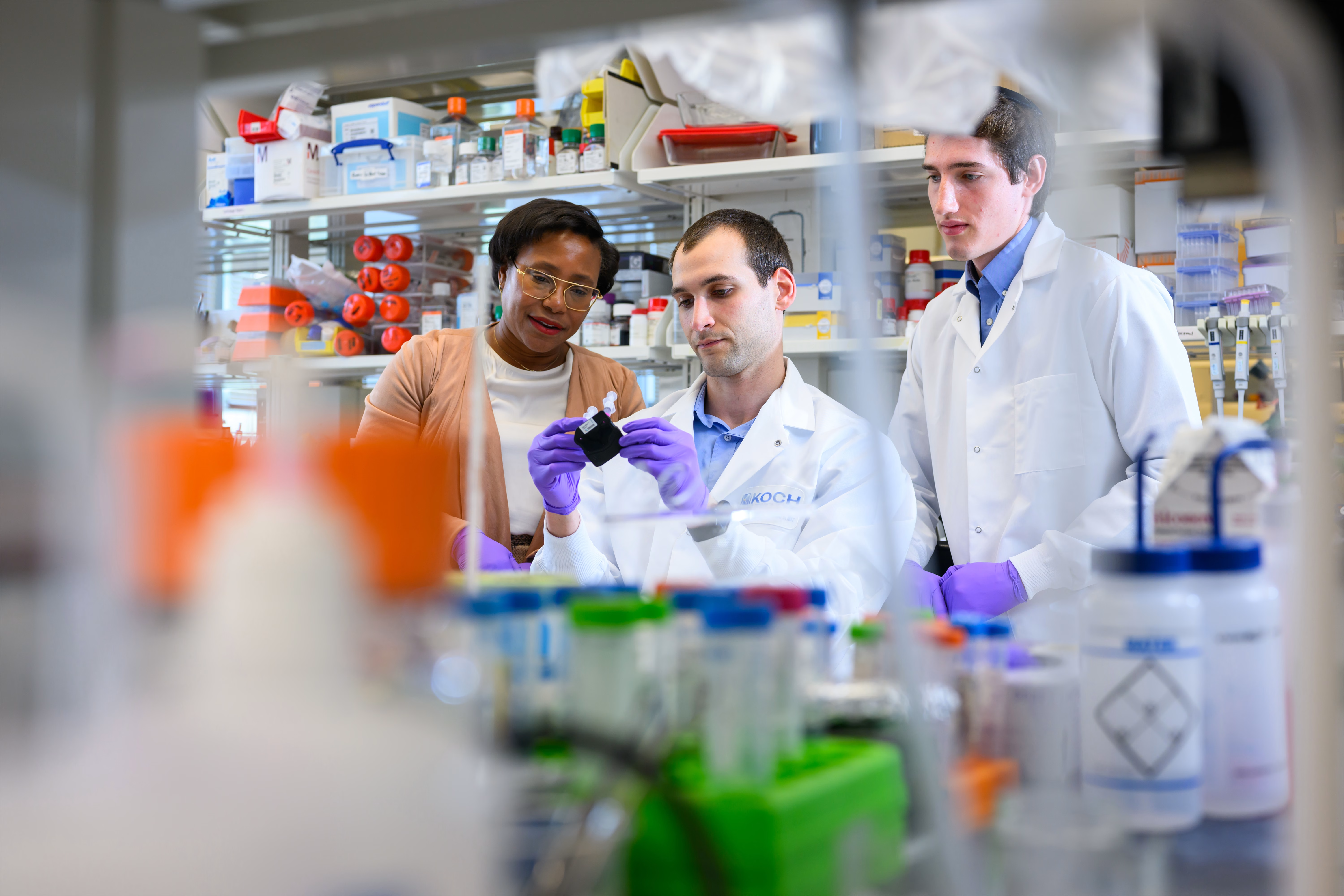
Researchers identify specific immune cells in the mouse intestine that prevent allergic reactions to food, suggesting potential new therapeutic targets.
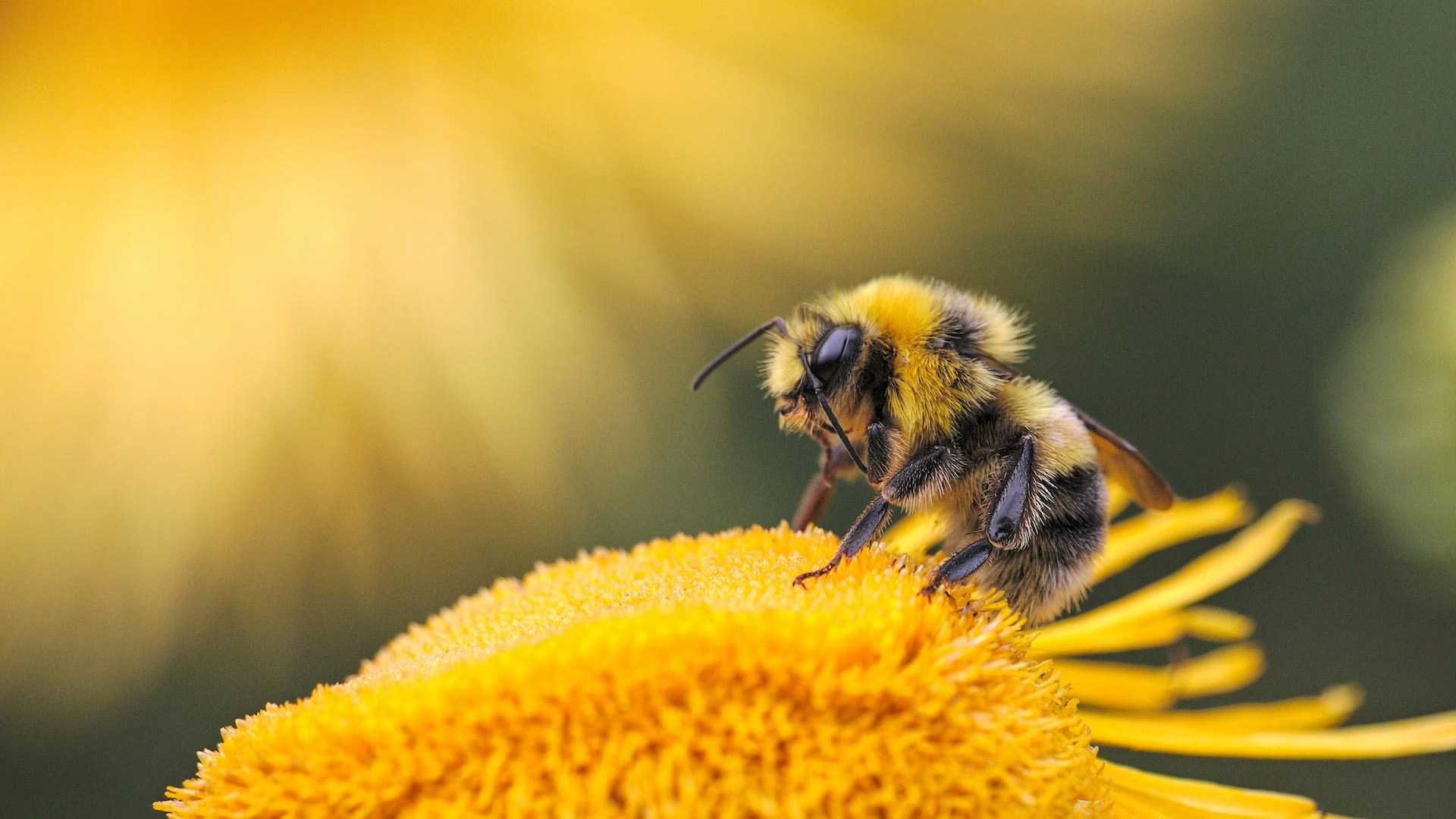
Bees actively balance memory effort and travel distance when choosing flowers, updating the classic 'flower constancy' theory from a passive habit to an active strategy.
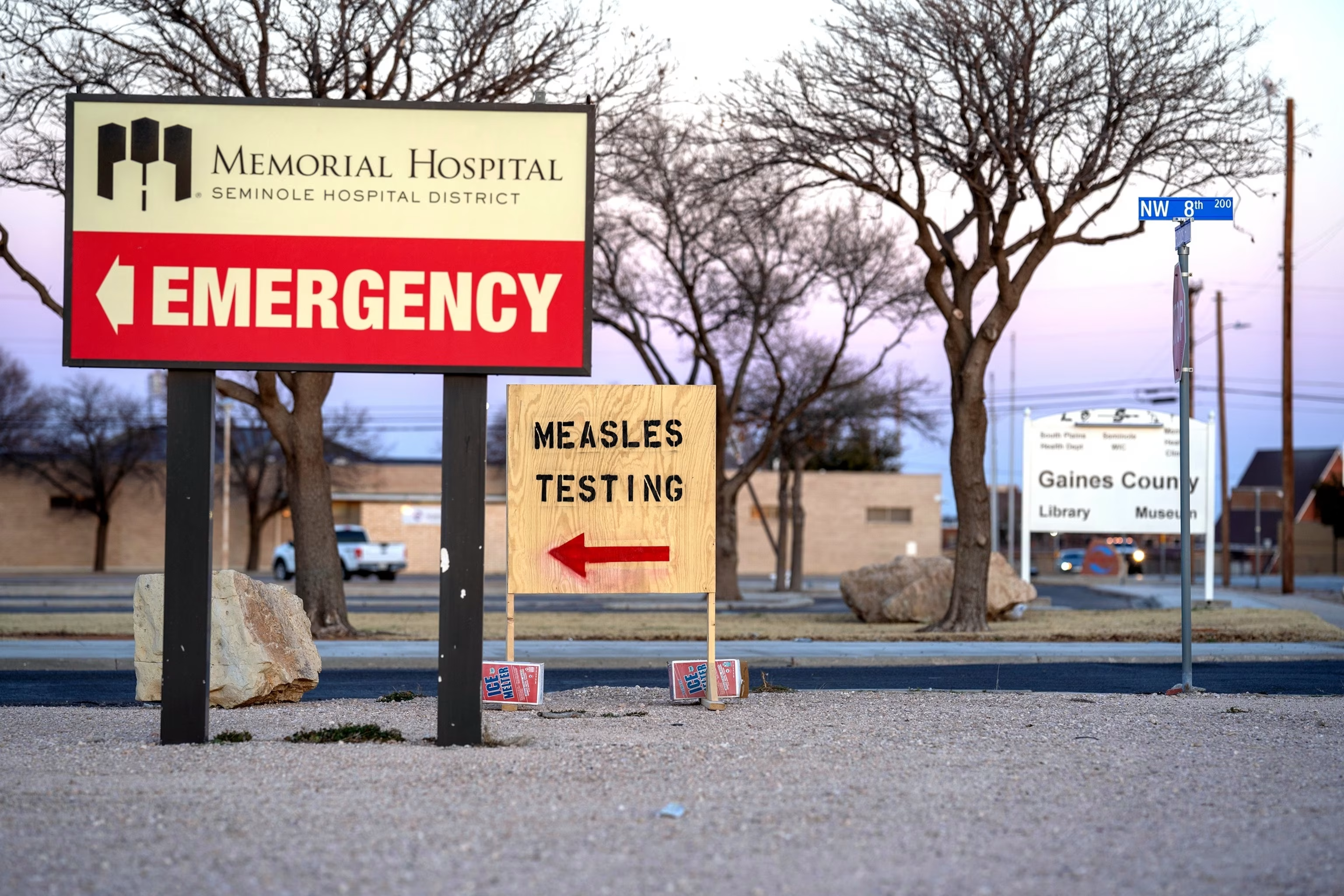
Texas measles outbreak sees unvaccinated children suffer liver damage from excessive Vitamin A, promoted falsely as a measles cure. Vaccination remains the only prevention.